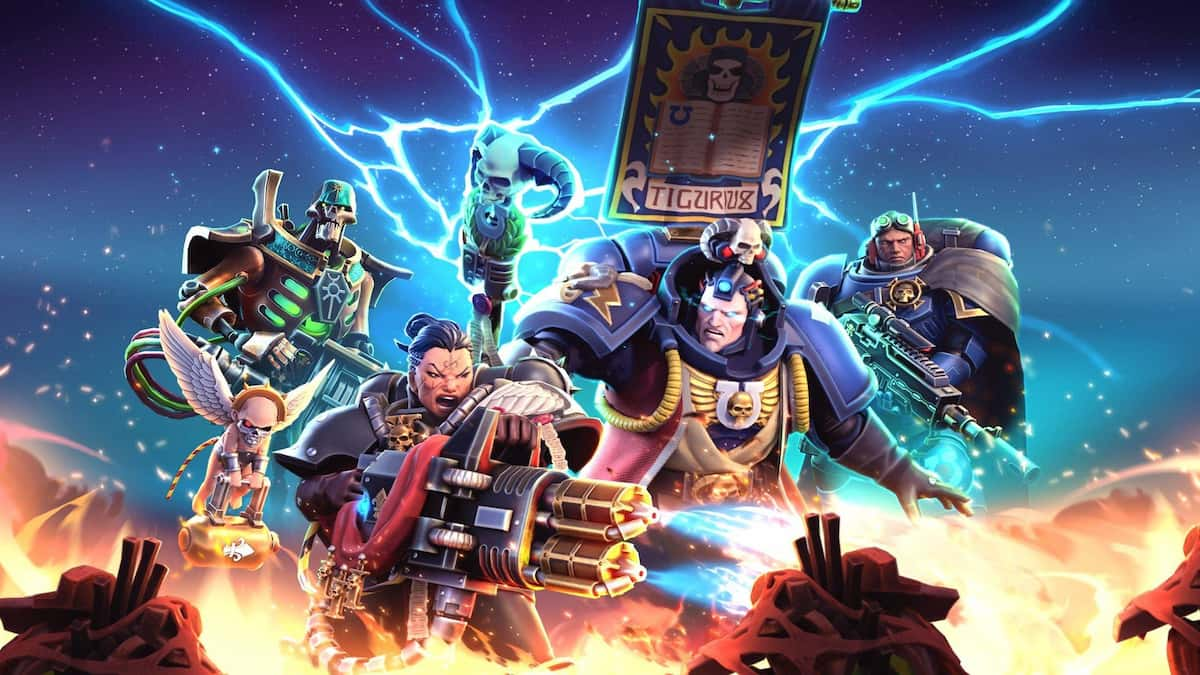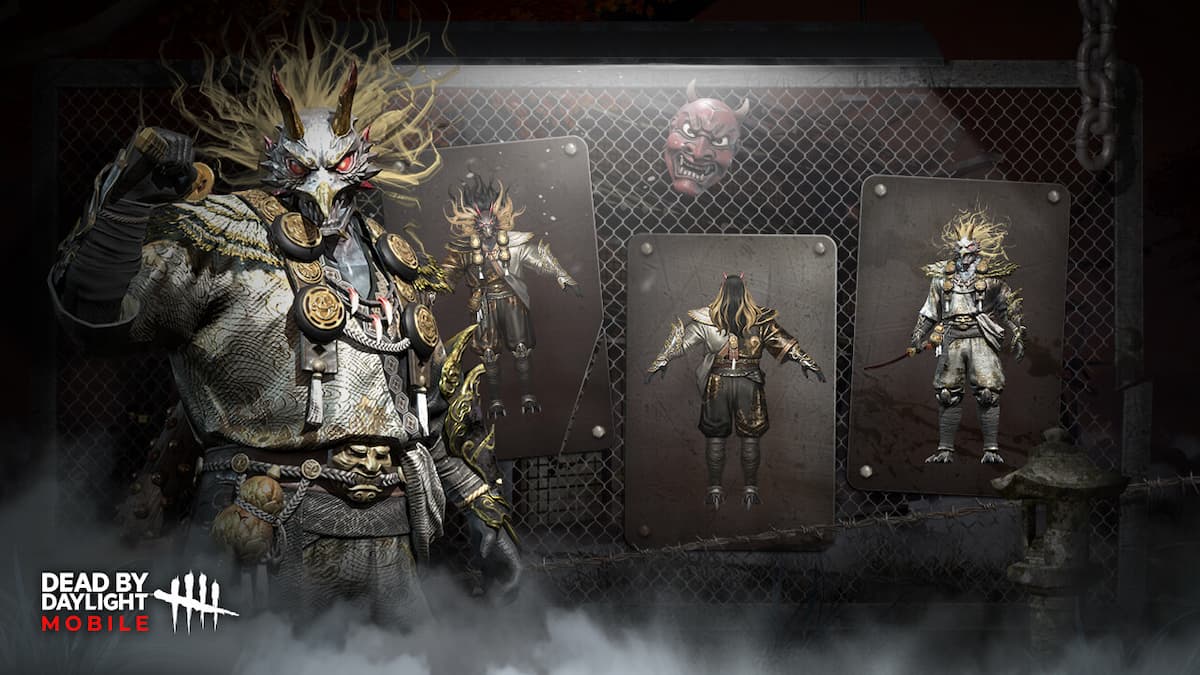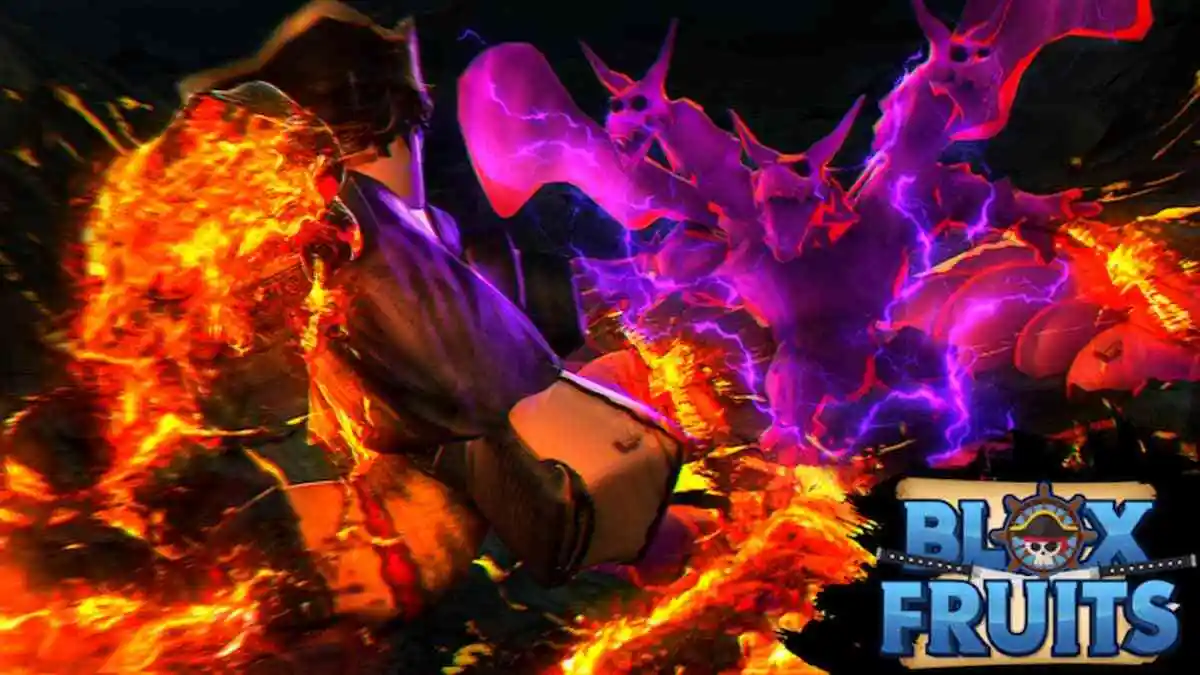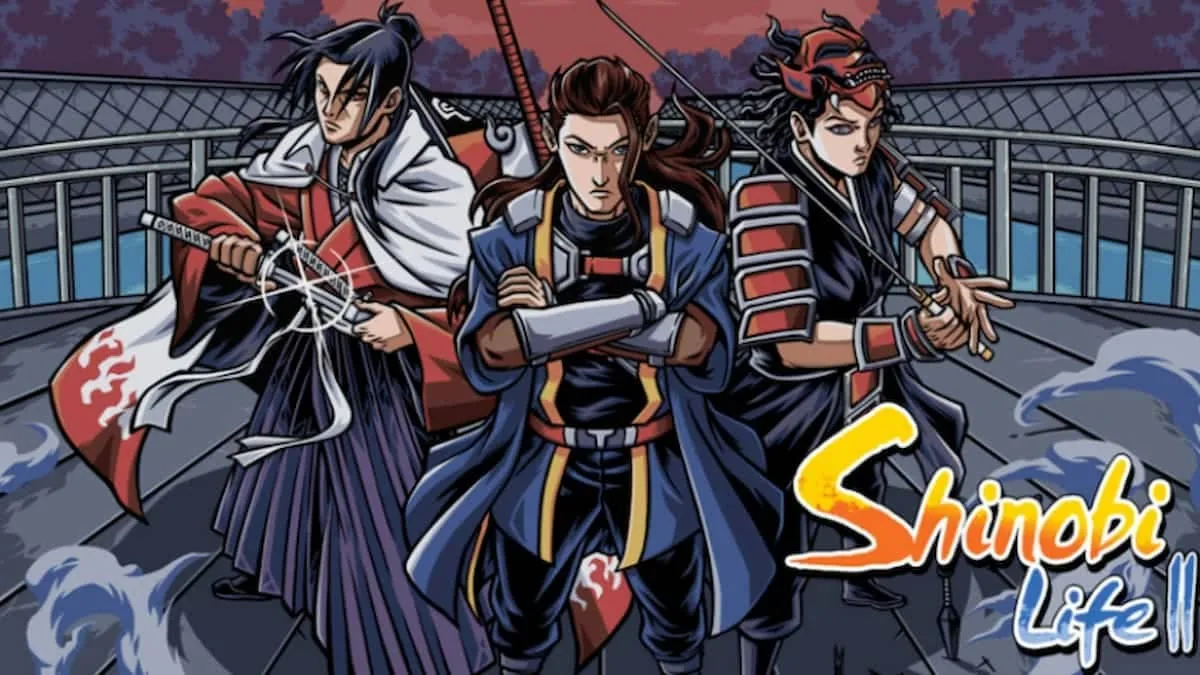There are some errors that our editors see over and over again. From newbies to veterans, lots of writers make these mistakes. And frankly, it’s exhausting for us to continuously correct them. Because we have to be efficient editors, we can’t explain all the pesky grammar rules each time we see a common mistake. We have to correct them and move on, which often means the writer doesn’t learn how to avoid that mistake in the future. That leads to more mistakes down the road.
You may be thinking: it’s just a little mistake now and then. So what?
It boils down to professionalism. You want to be taken seriously as a writer, and we the editors want you to write the best content you possibly can. That means learning from your mistakes. It also means knowing and respecting grammar rules, no matter how fickle and unexciting they are.
Let’s look at the 10 errors that editors come across most often.
1. Not italicizing your game titles.
This is by far the most common mistake we see, especially from new writers. Game titles are always italicized. Always. Every time you mention them. Even when you only use a word or two of the whole title. There are only two exceptions to this rule:
- When the whole sentence is in italics, the game title is left un-italicized so it’s still visually different from the rest of the sentence.
- If you shorten a game title like World of Warcraft to WoW, it doesn’t need to be italicized.
But games aren’t always the only thing you’re referring to. Sometimes you have to refer to DLC, movies, books, episodes, etc. What do you do then? Just remember this rule: If the thing you’re referring to is a major (long) work, then it’s italicized. That means the titles of games, books, movies, albums, plays, etc. are italicized. Shorter works, or works that are part of a whole, are put in quotation marks. Short stories, chapter titles, song titles, episode titles, etc. belong in quotation marks.
Example: “Quenta Silmarillion”, the longest story in J.R.R. Tolkien’s The Silmarillion, tells several tales about the First Age and the Silmarils.
There is one sort-of exception. Although DLC is part of the full game, DLC titles are italicized. Unless it’s just an armor/weapon/skins/etc. pack, in which case you leave it as-is.
Example: World of Warcraft just released another great expansion called Warlords of Draenor.
2. Sentence Fragments, Run-Ons, and Comma Splices
Sometimes writers will construct sentences with either too much or too little information. Either way, it’s bad.
Fragments
A sentence fragment is a group of words that cannot stand on its own. For a sentence to be a sentence, it needs to have at least a subject and a verb.
She played.
Short and vague as it may be, that’s a complete sentence. It’s a complete thought, with a subject peforming an action.
There are a lot of reasons that a group of words may seem like a sentence without actually being a sentence. We won’t dive much into the technicalities, but you can check out that handy link above if you’re interested.
Just remember that a group of words does not a sentence make. There must be a subject, and there must be a verb attached to that subject.
It’s possible to have a sentence fragment with a verb in it if the verb is not executed by the subject, or if there is no subject. Like this:
Grinding until the early hours of morning to get his level up.
The gamers shouting in the apartment above us.
See how that can trick you? It’s not enough to have a group of words, the words have to be performing the proper actions before they can be considered a sentence.
Run-Ons
Run-on sentences are the polar opposite of sentence fragments. Run-on sentences have too much information or too many clauses that have been improperly connected, making them confusing to read. Usually, run-on sentences use commas instead of actual conjunctions, creating comma splices (which will be discussed shortly).
The game was supposed to release this month until developers found several serious bugs, they will need time to fix all of it, they’re pushing the date back to March so they don’t release a broken game.
Isn’t that downright exhausting to read? It’s pretty confusing, too. But a run-on sentence doesn’t have to be long, just like a long sentence isn’t necessarily a run-on.
Get ready, this is a really tough boss.
That doesn’t sound quite right, does it? That’s because it’s lacking conjunctions. Conjunctions are almost always the solution to run-on sentences. I say almost, because sometimes a run-on needs to be broken up with a period or semicolon. Watch how these two sentences transform when they’re properly connected.
The game was supposed to release this month, but the developers found several serious bugs. They will need time to fix all of it, so they’re pushing the release date back to March, because they don’t want to release a broken game.
Get ready, because this is a tough boss.
Those sentences read much more smoothly now, thanks to properly placed commas, conjunctions, and periods.
Comma Splices
Comma splices are the number one cause of run-on sentences. When you connect two independent clauses with a comma, but no conjunction, it’s called a comma splice. You’re just fusing a sentence together in a way that’s confusing for your reader. When you’re connecting two independent clauses, a comma MUST be accompanied by a coordinating conjunction. This is non-negotiable.
For those of you who may be unfamiliar, an independent clause is any group of words that can stand on its own and create a complete sentence. Two or more independent clauses (two complete sentences) can be connected to create a complex sentence, as long as appropriate coordinating conjunctions (for, and, nor, but, yet, or, so) are used between clauses. In addition to using coordinating conjunctions, you can also use semicolons to separate two independent clauses.
The Evil Within was a fun game, I’m ready for Bethesda to release a new Fallout title.
That sentence contains two complete thoughts, but they kind of run together (see how splices create run-ons?). Without a conjunction to indicate a positive or negative relationship between one clause and the next, the sentence feels disjointed. Let’s see what happens when we put a coodinating conjunction in there.
The Evil Within was a fun game, but I’m ready for Bethesda to release a new Fallout title.
That completely clarifies the sentence and shows exactly how those two clauses are supposed to relate to each other.
3. Misusing Commas and Semicolons.
Commas
Commas are difficult. They have always been and will always be pesky little pains in the butt. No matter how long you’ve been writing, commas are tricky. There are a lot of rules for commas – too many to put in this article. So we’ve created a GS Grammar Guide specifically for commas.
Give that a read for the run-down on the most common comma rules and mistakes, and how to fix them.
Semicolons
Aside from commas, semicolons are perhaps the most abused puncuation mark in the English language. There are very few cases where a semicolon is acceptable, and the rules in those cases are very cut and dry. If your semicolon doesn’t serve one of the two purposes listed below, do not use it. You will make our editors cry.
1. Use a semicolon to separate two closely related independent clauses. Remember that an independent clause is a complete thought when standing on its own.
I prefer playing Smite to playing League of Legends; the community is a little bit more inviting.
Remember those comma splices we went over earlier? You can use semicolons to get those in proper shape.
2. Use a semicolon to separate wordy lists. If you’re listing elements that already have commas in them (such as names and positions or cities and states), you can use semicolons in place of commas to separate each element.
PAX has conventions in Seattle, WA; Boston, MA; San Antonio, TX; and Melbourne, VIC.
The documentary contained interviews from Allen Jenkins, Head of Marketing; Anna Lee, Social Media Manager; Ali Graham, Lead Designer; and Natasha Burks, Project Manager.
These are the only two times you should ever use a semicolon. Ever.
4. Failure to hyphenate compound adjectives.
This is a rule that a lot of people don’t know, but it’s one that can make your writing look stellar if you follow it. When you use a compound adjective, the adjectives are connected with a hyphen. A compound adjective is an adjective that uses two or more words.
Destiny is a fast-paced, first-person shooter.
How did some nine-year-old kids just beat us in League?
Just remember not to put a hyphen between the last adjective and the noun. There’s not much more to explain on this one, but nail it to your memory. Hyphenate your adjectives like the pros do. Your writing will look a lot better for it.
5. Mixing up similar-sounding words
This is easily one of the most common mistakes on GS and in the world at large. Lots of words in the English language sound almost exactly alike, but mean very different things. And it’s easy to get those confused sometimes. Let’s go through the most common ones and set the record straight.
You’re/Your
- You’re: a contraction that means “you are”.
- “You’re a team player.”
- Your: the possessive form of “you”
- “Is that your favorite game?”
There/They’re/Their
- There: an adverb (sometimes a noun/pronoun) that denotes a specific place or state
- “Go see what’s in that chest over there.”
- “There is no easy way to win this fight.”
- They’re: a contraction that means “they are”
- “They’re going to watch the live stream of the Smite chamionships.”
- Their: the possessive form of “they”
- “My friends can get really attached to their characters.”
To/Too/Two
- To: a preposition that expresses motion or direction toward a point; an essential part of infinitives
- “I need to go back to our base.”
- Too: an adverb that means “in addition to” or “furthermore”
- “This area is too hostile for us to explore right now.”
- Two: a cardinal number
- “We need two more people in our party to raid this dungeon.”
It’s/Its
- It’s: a contraction that means “it is”
- “It’s a good thing I stocked up on healing potions.”
- Its: the possessive form of the pronoun “it”
- “Climb up on the dragon’s head, then put your axe in its eye.”
Affect/Effect
- Affect: a verb that means “to act on or change”
- “Will Unity’s buggy launch affect Ubisoft’s next release?”
- Effect: a noun that means “a consequence, an influence, or a result”
- “Studies show that playing Portal 2 has positive effects on the brain.”
Who’s/Whose
- Who’s: a contraction that means “who is” or “who has”
- “I wonder who’s going to release the next blockbuster game?”
- Whose: the possessive form of “who”
- “Whose house are we meeting at for the LAN party?”
Accept/Except
- Accept: a verb that means “to take, receive, or agree to”
- “Don’t forget to accept my friend request on Steam.”
- Except: a prepsition that means “excluding, with the exclusion of, or but”
- “Except for our tanks and DPS-ers, everyone needs to stay well out of the monster’s range.”
Loose/Lose
- Loose: an adjective that means “free, released, or unrestrained”
- “Loose-fitting armor can be a fatal mistake.”
- Lose: a verb that means “to come to be without something; to fail to keep”
- “If we lose another match, I’m quitting for the night.”
6. Misplaced apostrophes
Apostrophes are used almost exclusively in contractions and possessive forms of nouns/pronouns. There are four basic rules of placement when it comes to apostrophes:
- In contractions, the apostrophe always comes between the n and the t. In the case of “it is”, the apostrophe sits between the t and the s.
- “I don’t want to keep playing. I shouldn’t. I can’t. I won’t.”
- In the possessive form of singular nouns/pronouns, the apostrophe comes before the t. There is only one exception to this rule. See #3.
- “It’s my brother’s birthday, so I can’t make it to Greg’s game night.”
- If the singular possessive form of a noun/pronoun ends with an s, the apostrophe comes at the end of the word.
- “James’ new setup looks really cool. His chair looks cozier than my boss’.”
- In the possessive form of plural pronouns/nouns, the apostrophe comes at the end of the word. The only exception to this rule is when the plural word doesn’t end in s. (Like mice or geese.)
- “The cosplayers’ vibrant costumes were really cool to see.”
7. Mixing up not-so-similar sounding words
There are some words that don’t sound alike that writers still mix up from time to time. These words are similar to each other, but they perform different functions and belong in different parts of a sentence. Let’s go over the three most common ones.
Who/Whom
- Who: a pronoun that denotes a person. Who is always used as a subject. It is a replacement for nominative pronouns (I/he/she/it/they/we).
- “Who wants to play some Warcraft tonight?”
- Whom: also a pronoun that denotes a person; however, whom is always used as an object. It is a replacement for accusative and dative pronouns (me/him/her/it/them/us).
- “Whom should I take with me as a companion?”
- The best way to see whether you should use who or whom is to replace the word with a pronoun. It’s okay if you have to reword the sentence in your head. Whichever pronoun fits, pick the corresponding who-form and you’ll know you have it right.
I/Me
This follows exactly the same rules as who/whom.
- I: a pronoun that denotes the self. Always used in the nominative case (aka the subject).
- “I’m going to be AFK for a little while.”
- Me: also a pronoun that denotes the self. Always used in the accusative and the dative cases (aka the object).
- “Someone please heal me so I can get back into the action.”
- Extra tip: saying “between you and I” is incorrect. Always say “between you and me.”
Which/That
These two words may seem interchangeable, and most people use them as though they are. But sadly, they’re not. This is another one of those obscure rules that can really take your writing from great to professional if you follow it well. Which and that can both be used to give extra details about something. The difference between them is the type of clause that you can use them with – that is, how vital the extra details are to that sentence.
That is used in conjunction with restrictive clauses. Restrictive clauses are phrases/groups of words that cannot be taken out of a sentence because they “restrict” some part of the subject. The meaning of the sentence would change if you were to remove that information.
Which is used in conjunction with nonrestrictive clauses. Nonrestrictive clauses are phrases/groups of words that can be taken out of a sentence because they do not restrict or impact its meaning, they simply add extra detail. When using which, it must always be preceded by a comma. If the clause appears in the middle of the sentence, it must be bracketed in commas.
If that’s a little hard to understand, it’s okay. Let’s use both “which” and “that” in the same sentence so we can see the difference.
We need to go to the city that houses the Thieves’ Guild.
In this instance, the party needs to go specifically to the city with the Thieves’ Guild. The Thieves’ Guild is an essential piece of information that helps the reader identify which city, out of all possible ones, is the right city.
We need to go to the city, which houses the Thieves’ Guild.
The Thieves’ Guild is no longer an essential piece of information. It is an extra detail about the city to which the party desires to travel. The Guild isn’t necessary to identify the city, but it’s nice to know that there is one nonetheless.
If you’re stuck, think of it like this: need-to-know info uses that, and nice-to-know info uses which.
8. Subject/verb disagreement
There are a lot of ways to mess up on subject/verb agreement, but there are a few distinct mistakes that appear over and over again on the site. Subject/verb agreement is a fancy way of saying that the number of subjects matches the type of verb you use. One subject takes a singular verb:
She needs to level up.
Two or more subjects means you need to use a plural verb.
They need to level up.
But subject/verb agreement doesn’t always feel that straightforward, and it can sometimes be a little tricky to discern whether a subject should take a singular or a plural verb. Let’s take a look at the two common errors in agreement.
1. Indefinite pronouns like everyone, anyone, nobody, everybody, etc. always take a singular verb. Although indefinite pronouns often refer to a group, the group itself is considered a singular unit. Therefore, a singular pronoun is used.
Everyone needs to get all buying/selling done before we go.
2. Each always takes a singular pronoun, even if it’s followed by a phrase that contains plural noun. Each is often used to talk about groups in terms of singular units. Writers are usually tempted to use plural verbs in those cases, because of the plural noun at the end of the phrase. But this is incorrect. Even if it’s singling an item/element out of a group, each is still a singular word that denotes a singular thing, and therefore must take a singular verb. This will likely sound strange to you, because we often don’t heed this rule in conversation, but it is the grammatically correct structure.
Each of the players needs to make sure that all gear is up to snuff.
We can see here that even though players is a plural noun, the word each denotes individual players, and thus takes the singular form of need.
9. Improper references to game companies.
This is a mistake that we see all the time. Even though we’re writers, and we love games, and we love writing about games, most of the time we have no idea how to refer to game companies in our articles. Are they a group? Are they a singular institution? Let’s clarify.
When referring to a game company or developer by the company name, it is considered a singular noun, and therefore takes singular verbs and singular pronouns.
Sony is dominating the market with its PS4 console.
Although they’re made up of lots of people, companies are considered a singular entity. Kind of like Frankenstein – lots of parts making up a whole.
10. Making up words
Everyone has done this at some point or another. Common mistakes, such as imaginary words, get made during colloquial (conversational) expression, and then those mistakes are picked up on by others and passed around through speech. Certain words and misconceptions have proliferated nearly every person’s vocabulary, and it’s difficult to root them out. Although they may be colloquially acceptable, using these words in your writing is a serious no-no.
- Irregardless (Use regardless instead)
- Supposably (Supposedly is what you want to say)
- For all intensive purposes (It’s actually for all intents and purposes)
And for my personal favorite…
- Alot (A lot is two words, and I suggest you read this hilarious blog post to make that fact stick.)
And there you have it, folks.
Those are the 10 most common grammar mistakes and conundrums that our editors run into on the site. Heed this guide, and you’ll save our lovely editors a bit time and a lot of frustration. And hopefully, it’ll make your next article a little less difficult to write.






Published: Jan 7, 2015 06:03 pm